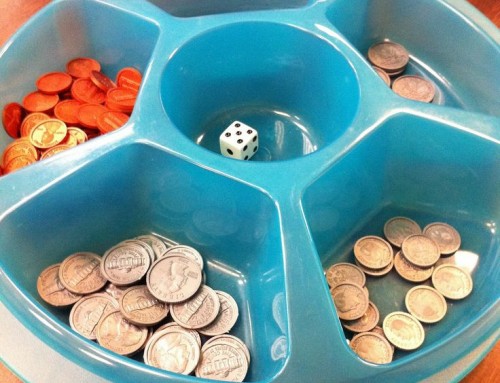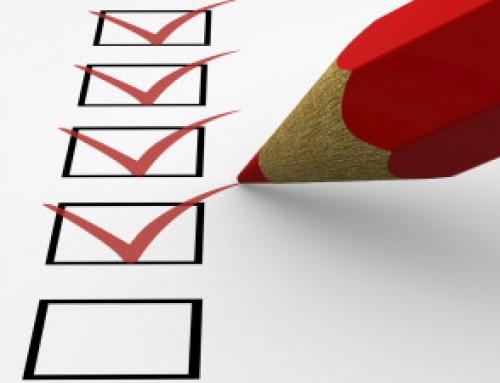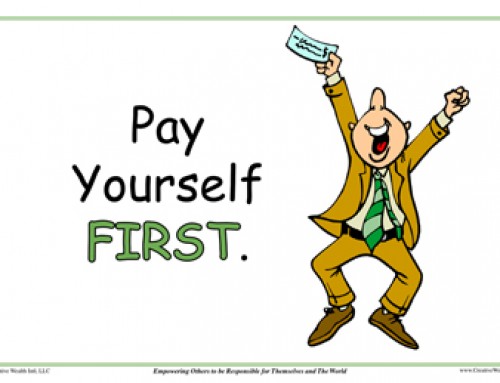If you are already teaching financial literacy education to kids and teens, then you know what you’re looking for in a great financial education course. We get quite a few questions that look like this…
“So…what exactly DO kids and teens (and adults) learn by playing The Money Game?”
GREAT QUESTION! And as always, I’ve delivered the answer so that everyone can see the valuable lessons that are taught by playing a few, or many, rounds of the game.
NOTE: Keep in mind that our Major League Players Program provides additional money lessons delivered monthly…this makes the game unending in terms of the amount of information you can teach using The Money Game.
Here’s the basic lesson the stand-alone game delivers:
• Paychecks, deductions, taxes, social security, gross/net income.
• Savings and checking accounts
• Pay yourself first
• The dangers of spending their money on too much Piddlyjunk (stuff that goes down in value or how no value once you buy it).
• How to manage their money using a cool money management system called The Money Jars.
• Keeping track of your money using a register, savings and checking accounts, and both computer based and online accounting software.
• Putting your money to work for you by investing in The Three Pillars of Wealth (i.e., assets), receiving passive income, assets vs. liabilities
• Don’t put all your financial eggs into one basket.
• Car accident, insurance, deductible.
• Language of Money
• How to win The Money Game (You win when your passive income from your assets exceeds the expenses of your chosen lifestyle).
Life Events: Starting at Round/Payday 5, your participants will select from a stack of Life Events cards (or you can ‘stage’ these cards if you’d like). The cards deal mostly with events that have to do with their assets (business, real estate and the stock market). Some of the events are positive and hence, bring them additional passive income (cash flow) and some are not so positive, resulting in the loss of passive income for that round.
They are also given opportunities to sell assets and reinvest that money into other assets at times. They can even pay off their car and their credit cards if they have enough money put away to do so.
They quickly learn that with fewer expenses, they can invest in more assets which brings them to this glorious state of Financial Freedom much sooner.
They learn that when they finally do have enough passive income to more than cover their expenses, they can then work because they want to, not because they have to.
Over the course of playing The Money Game, there are many opportunities for life lessons.
For instance, if they lose their game register with money in it, does it get replaced? Sure, but the money is gone, just like in real life.
What if they find someone’s money on the floor and turn it in? Great opportunity to talk about integrity and honesty.
As you can see, this game lends itself to lessons at every turn.




Leave A Comment